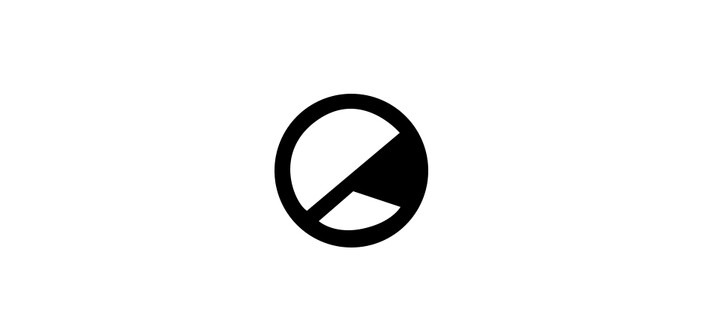The first time I read Sylvia Plath’s The Bell Jar, I was seventeen and on a coach packed full with other students and teachers. I sat in one of the front seats, and sat patiently as they all climbed on and filled the bus. I took out The Bell Jar and started reading to fill time. I had read a mere pages five when our school librarian sat in the seat across from me, glanced at what I was reading and, without me asking for it, offered her humble opinion:
“Oh, The Bell Jar? Now that’s a depressing book.”
I looked up at her, vaguely startled, smiled politely, before returning to my book whilst she returned to whatever it was she was apparently doing.
As I read The Bell Jar over the next few days, I kept coming back to what that librarian had said. But one thing struck me most of all: in what way is this a depressing novel? Is she conflating Plath’s life (which ended in suicide after a similar struggle with depression as her protagonist) with the life of Esther? Or is she interpreting the themes of depression and loss of identity to have an incapacity for hope?
Both seemed to be probable answers, which struck me as odd. The Bell Jar, although explicit in its descriptions and interpretations of suicide, self-harm, and depression, doesn’t ever really show a lack of hope. A great deal of troubling things happen to Esther but in the end, she still lives. She falls, gets help, increasingly getting better, and the ambiguity of the final page lets us imagine a future for Esther external to her sufferings.
By labelling The Bell Jar as simply ‘depressing’, that librarian completely misread the novel whilst simultaneously, though perhaps subliminally, labelling all those who suffer with depression or anxiety as having no hope, as being a simple ‘depressing’ character in another ‘depressing book’ of another ‘depressing’ life.
I ended up carrying out my Extend Project on The Bell Jar, and have since read it five more times. Each time, I feel as if Esther Greenwood is more and more a friend of mine. Plath’s work transcends what we all know as sadness and reflects it back on us, implicating us, understanding us.
“I am I am I am”, says Esther and she isn’t wrong. We are, and we all are. We just are.
The Bell Jar was written by Sylvia Plath in 1963.




